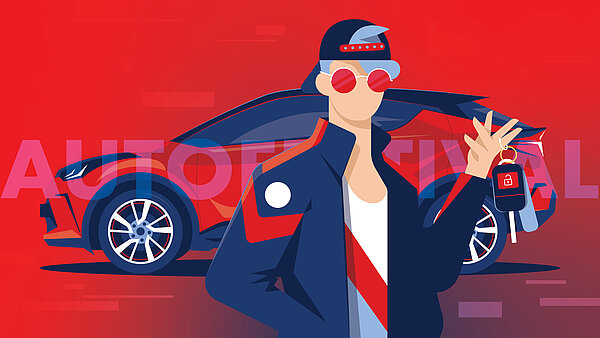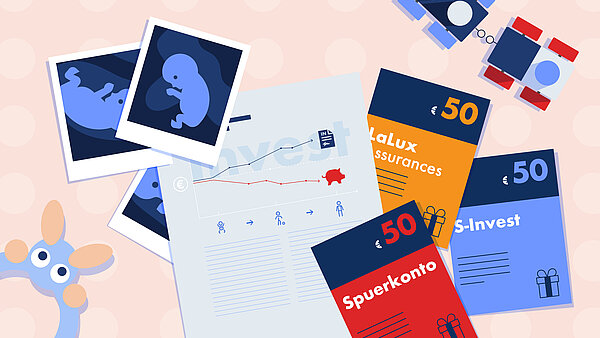![[Translate to English:] [Translate to English:]](/fileadmin/_processed_/7/d/csm_386_FIN_Les_avantages_de_renover_votre_bien_en_2024_a70f710ec8.jpg)
Buying to renovate, or simply renovating your property after several years because it no longer meets today's energy standards, is a great project that requires certain knowledge. Before taking the plunge, you should find out what's new in the energy sector by contacting various suppliers and also by checking out all the state aid and private support available to ensure you get the most favourable financing. In this article, we'll look into the good reasons to start an energy renovation project this year.






![[Translate to English:] [Translate to English:]](/fileadmin/_processed_/9/8/csm_385_FIN_pourquoi_est-il_avantageux_dacheter_en_2024_25mars24_6ba7d3f3d5.jpg)
![[Translate to English:] [Translate to English:]](/fileadmin/_processed_/9/8/csm_384_S_M_Google_Pay_eba9cd7de2.jpg)
![[Translate to English:] [Translate to English:]](/fileadmin/_processed_/2/1/csm_375_FIN_payer_ses_vacances_carte_credit_f1a93aa74d.jpg)
![[Translate to English:] [Translate to English:]](/fileadmin/_processed_/6/c/csm_367_FIN_S-Pension_non_residents__1__7ed60e51c2.jpg)
![[Translate to English:] [Translate to English:]](/fileadmin/_processed_/3/1/csm_SP_147_illustrations_blog_janvier_-_epargne_prevoyance_veillesse_jeune_b6e2125af0.jpg)

![[Translate to English:] [Translate to English:]](/fileadmin/_processed_/8/9/csm_363__Money_Mules_da2338feb4.jpg)


![[Translate to English:] [Translate to English:]](/fileadmin/_processed_/b/6/csm_pret-flexibilite-346_ac797fe87b.jpg)
![[Translate to English:] [Translate to English:]](/fileadmin/_processed_/d/0/csm_344__FIN__Pret_Pension_ea8a0c47c1.jpg)